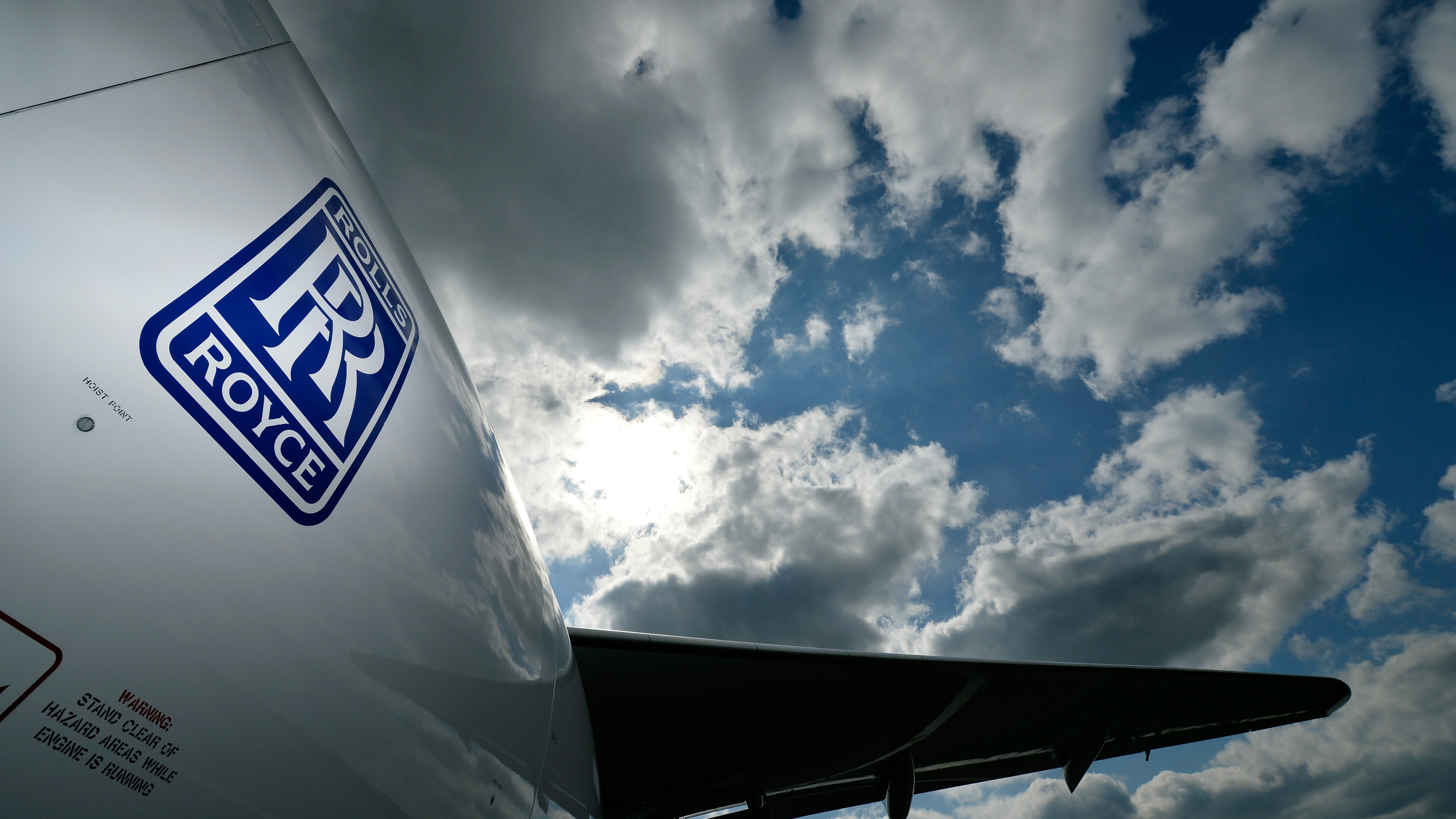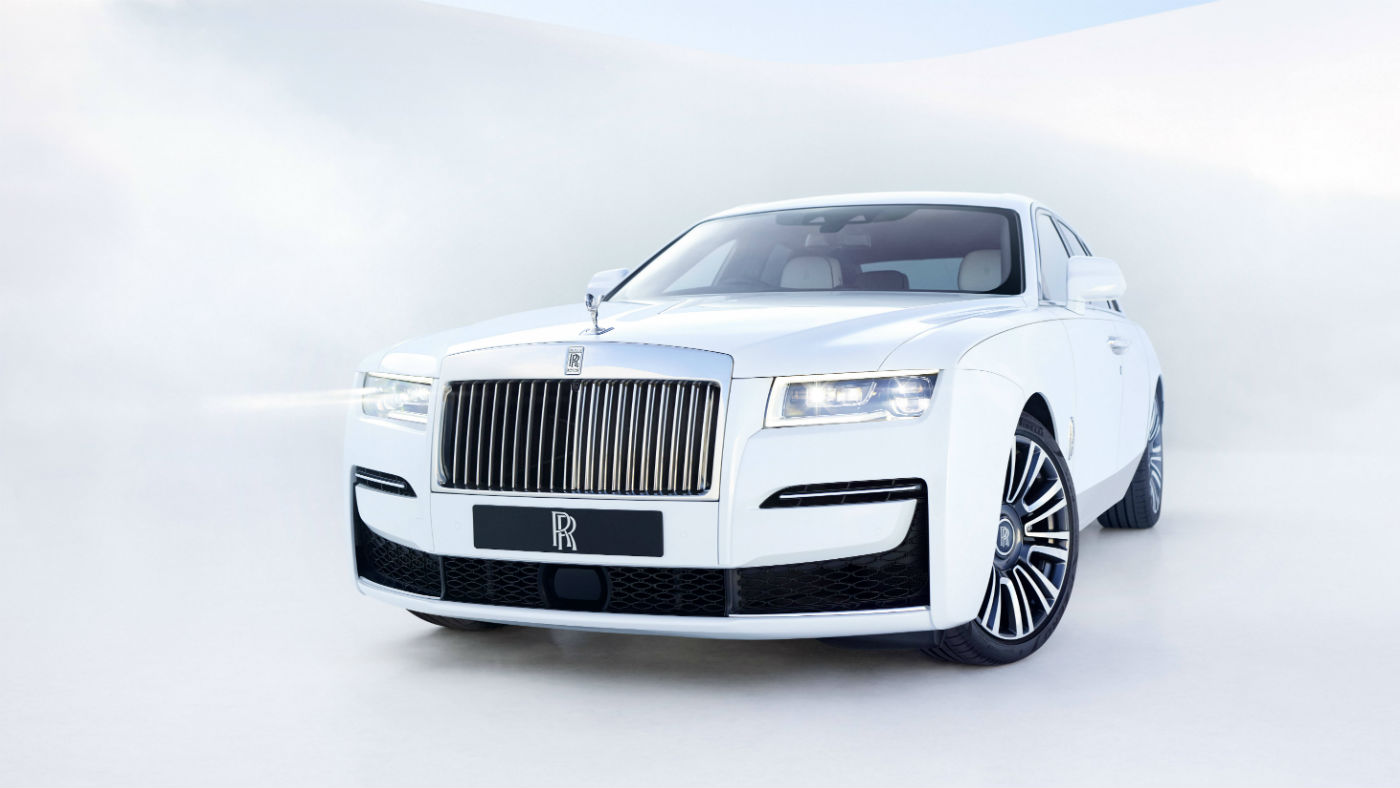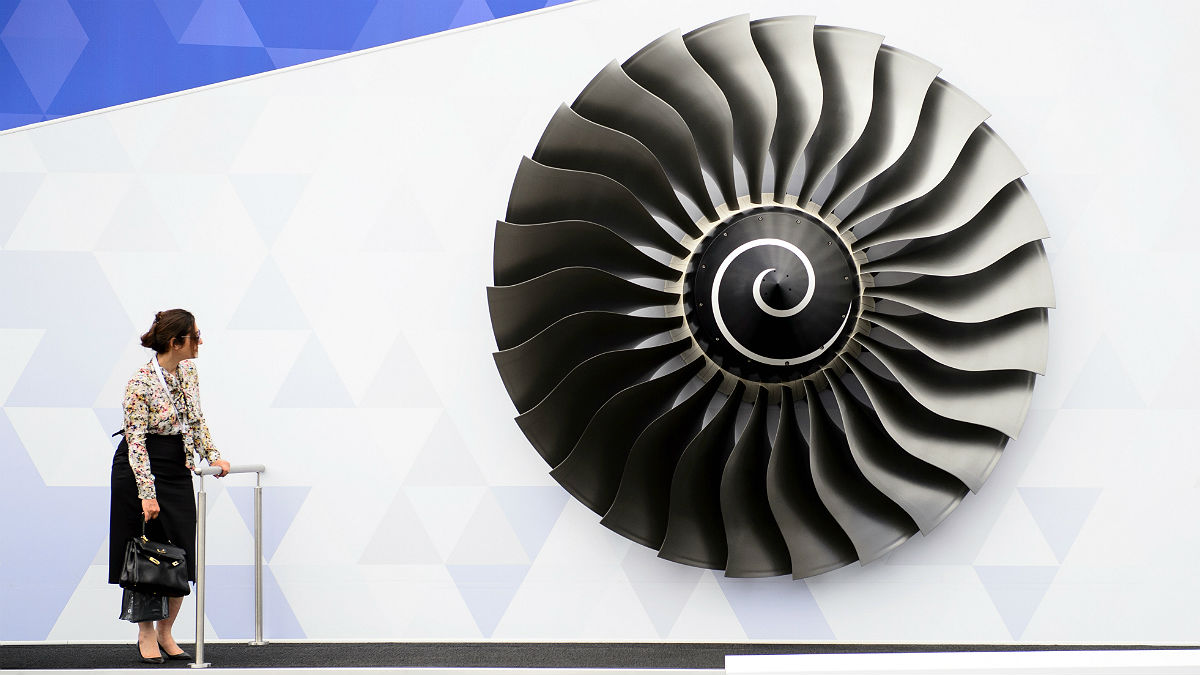Has Rolls-Royce turned a corner after bribery scandal?
Derby-based jet engine manufacturer posts 148% increase in pre-tax underlying profits

A free daily email with the biggest news stories of the day – and the best features from TheWeek.com
You are now subscribed
Your newsletter sign-up was successful
Just six months after reporting a "record" loss for last year, the British engineering giant Rolls-Royce appears to have turned things around.
This morning the jet engines manufacturer reported a near-150 per cent leap in pre-tax underlying half-year profits as the broad efficiency drive being forced through by its new chief executive Warren East began to bear fruit.
It's a far cry from the last time the stalwart brand was in the headlines, when all the talk was of a huge financial deficit and a two-and-a-half decade long international bribery scandal.
The Week
Escape your echo chamber. Get the facts behind the news, plus analysis from multiple perspectives.

Sign up for The Week's Free Newsletters
From our morning news briefing to a weekly Good News Newsletter, get the best of The Week delivered directly to your inbox.
From our morning news briefing to a weekly Good News Newsletter, get the best of The Week delivered directly to your inbox.
Separation
Rolls-Royce has a long and at-times troubled history.
It started life in 1906 as a car company bearing the name of business partners Charles Stewart Rolls and Frederick Henry Royce, who had teamed up two years earlier to sell vehicles made by Royce through Rolls's luxury car sales operation in London.
The firm's reputation for engineering excellence was established in 1907 with the launch of the Silver Ghost, which was to become known as "the best car in the world" in 1913 after completing the gruelling Alpine Trial.
A free daily email with the biggest news stories of the day – and the best features from TheWeek.com
The following year, Rolls-Royce made its first aero engine for the government as part of the First World War effort.
It would spend the next five decades with this dual specialism. The aero-engineering division produced its first jet engine during the Second World War in the 1940s.
After years of cost overruns with major jet developments, the company went bust in 1971. It was rescued by the government, which went on to split off the smaller, profitable motors business, which also included Bentley, as a separate entity.
That arm of the company was sold to the engineering firm Vickers in 1980, which in turn sold it on to Volkswagen (VW) in 1998. BMW, which had long made the engines used in the cars, bought the brand in 2003, leaving VW with Bentley.
Rolls-Royce, the jet engine maker, remained in government hands until 1987 when it was privatised through a stock market listing by Margaret Thatcher's government.
Bribery
In this guise the company has become a symbol of British engineering prowess around the world – described by a judge at its bribery hearing as a "jewel in the UK's industrial crown", says the BBC.
But the bribery case has been a stain on its reputation since allegations first emerged and a Serious Fraud Office investigation opened in 2012. This was followed by a US investigation in 2014.
Eventually the cases were brought to an end last year when the company agreed a deferred prosecution agreement to avoid criminal charges. This involved £671m of payments to regulators in the UK, US and Brazil.
The company admitted to "egregious criminality" in relation to illegal payments and bribes made to intermediaries in order to secure contracts in countries such as Indonesia, Thailand, India, Russia, Nigeria, China and Malaysia.
In addition to the fines, Rolls-Royce brought disciplinary proceedings against 38 of its employees, of which 11 left the firm and six were ultimately dismissed.
There have been allegations of corruption relating to the use and payment of intermediaries across the aerospace industry. A fraud office investigation is still ongoing into the aircraft maker Airbus.
The Financial Times claims "it is still difficult" in certain countries to do business without intermediaries.
Losses
That £671m was a factor in the record losses reported by the company earlier this year. It booked the whole charge, to be paid over five years, in its accounts for last year to "draw a line in the sand".
But it wasn't the primary reason for the losses.
Rolls-Royce booked a massive writedown of more than £4bn in the value of its financial hedges, which are "ironically" designed to remove currency-related volatility in financial markets, thanks to the slump in the pound following the Brexit vote, says the BBC.
So large is the company's financial hedging book that it has "unkindly been described as a hedge fund with an engine maker attached".
Today's results for the first six months of this year show that the more recent recovery in the pound has reversed this effect, turning a £2.2bn charge for the same period last year into a £1.4bn positive profit contribution this time.
In total, pre-tax earnings surged to £1.9bn from a loss of £2.2bn last year, says the Daily Telegraph.
Investors are more inclined to look at underlying profits, however, which aim to remove any effects of currency movements. On this measure, revenues rose by six per cent to £6.9bn and profit rose by 148 per cent to £287m.
Cash is king
These improvements are the result of new chief Warren East's turnaround plan, which revolves around increasing the number of jet engines it makes for airliners "at a lower cost".
The firm has boosted its Trent jet engine deliveries by 27 per cent. East says the company is ahead of target on cost cutting and likely to save £200m by the end of the year, according to City AM.
It's all part of a plan to turn around the most troublesome statistic in Rolls-Royce's recent results – cash flow.
The company is spending a lot of money on production and in any given year is "spending more than it is making", says the Telegraph. Rolls-Royce has improved its cash outflow by 18 per cent in the past six months, but has still shed £339m.
East had pledged to deliver £1bn of positive free cash flow by 2020. When bosses released a statement yesterday saying this should not be treated as a "firm target" the firm's shares slumped by more than four per cent, says the Financial Times.
Still, the negative £339m is far better than analyst predictions of an outflow in excess of £450m, so shares rose no less than nine per cent today. East has said it's a "fairly linear trajectory" from here to the £1bn aspiration.
If he's proved right, Rolls-Royce's shares may well take off again.
-
 What to know before filing your own taxes for the first time
What to know before filing your own taxes for the first timethe explainer Tackle this financial milestone with confidence
-
 The biggest box office flops of the 21st century
The biggest box office flops of the 21st centuryin depth Unnecessary remakes and turgid, expensive CGI-fests highlight this list of these most notorious box-office losers
-
 What are the best investments for beginners?
What are the best investments for beginners?The Explainer Stocks and ETFs and bonds, oh my
-
 ‘Life can be short – buy a Rolls-Royce’
‘Life can be short – buy a Rolls-Royce’Under the Radar Despite the pandemic the luxury marque hit record sales in 2021
-
 From engine-maker to electricity provider: Rolls-Royce as mini-nuke pioneer
From engine-maker to electricity provider: Rolls-Royce as mini-nuke pioneerfeature Whitehall is pumping £210m into car maker’s new small modular reactor business
-
 Rolls-Royce: takeover whispers as headwind strengthens
Rolls-Royce: takeover whispers as headwind strengthensIn Depth A series of profit warnings and tight cash flow has led to rumours that Rolls-Royce could be targeted